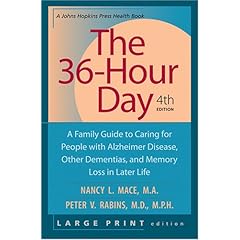Baxter may test immune-system drug for Alzheimer's
BY BRUCE JAPSEN
Baxter International Inc.'s immune-system-boosting drug appeared to show some protective benefits against Alzheimer's disease in a Baxter-funded analysis of medical claims data.
The Deerfield-based medical products giant is studying whether its drug, Gammagard, currently used as an intravenous immune-system treatment, would slow or even stop the progression of Alzheimer's. The medical claims analysis is being used in part to justify future clinical studies, Baxter said.
The claims analysis indicated the risk of developing Alzheimer's and related disorders might be reduced in patients previously treated with Gammagard, also known as intravenous immunoglobulin, or IVIG. The authors of the study are two executives from Plymouth Meeting, Pa.-based health-data company Surveillance Data Inc.
It analyzed medical claims data comparing the cases of 847 patients treated with Gammagard with the cases of 84,700 who weren't. The proportion of patients in which dementia was diagnosed was 2 percent for treated cases compared with 4.2 percent for the untreated control group, the study showed.
The study would unlikely be used by Baxter as evidence to convince the Food and Drug Administration that Gammagard should be approved as a treatment for Alzheimer's.
Rather, researchers say the Surveillance Data study should be something used to "encourage additional research, including adequate and well-controlled studies to confirm the benefits of IVIG in Alzheimer's disease," said Dr. Howard Fillit, professor of geriatrics, medicine and neurobiology at Mount Sinai-NYU Medical Center in New York, in a statement provided by Surveillance Data.
Controlled clinical studies are being worked on, Baxter said, but the company said the research is very early. A 24-patient study unveiled last summer by Baxter showed 16 patients on Gammagard had a better cognitive response than eight patients on a placebo.
The idea behind the Baxter drug is that the body's own immune system can potentially clear the brain of a protein fragment known as beta-amyloid that builds up and is thought to be a key in the development and progression of Alzheimer's. Other companies also are studying immune-system-based therapies, including a joint venture between New Jersey drug giant Wyeth and Dublin-based Elan Corp.
Alzheimer's disease affects nearly 5 million Americans, and the number is rapidly rising.
----------
Hear Bruce Japsen on WBBM-AM 780 at 6:21 p.m. and 10:22 p.m. Mondays and 11:20 a.m. Saturdays.
bjapsen@tribune.com


No comments:
Post a Comment